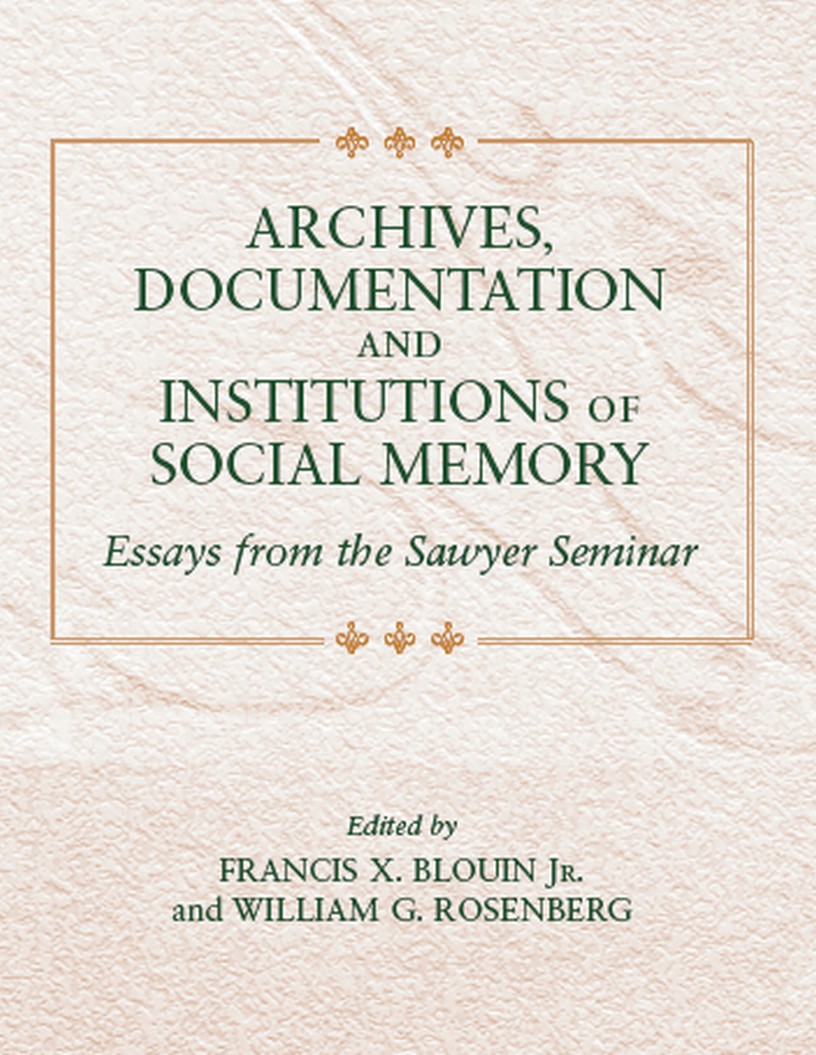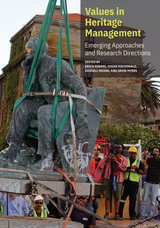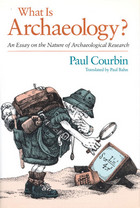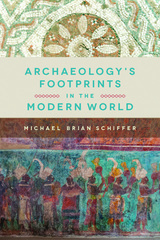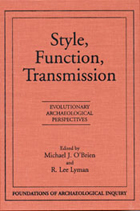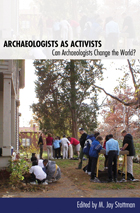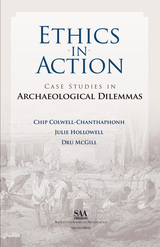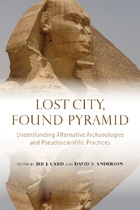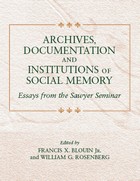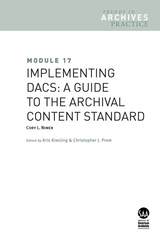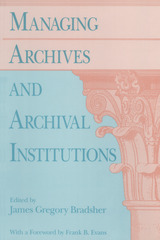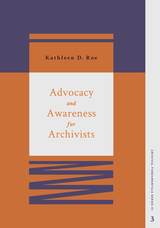\rrhp\
\comp: add page numbers on proof\
\lrrh: Contents\
\1h\ Contents \xt\
Preface and Acknowledgments
Part I. Archives and Archiving
Introduction
"Something She Called a Fever": Michelet, Derrida, and Dust (Or, in the Archives with Michelet
and Derrida)
Carolyn Steedman
The Problem of Publicité in the Archives of Second Empire France
Jennifer S. Milligan
Not Dragon at the Gate but Research Partner: The Reference Archivist As Mediator
Kathleen Marquis
Between Veneration and Loathing: Loving and Hating Documents
James M. O'Toole
Archiving/Architecture
Kent Kleinman
"Records of Simple Truth and Precision": Photography, Archives, and the Illusion of Control
Joan M. Schwartz
Part II. Archives in the Production of Knowledge
Introduction
Out of the Closet and into the Archives? German Jewish Papers
Atina Grossmann
German Jewish Archives in Berlin and New York: Three Generations after the Fact
Frank Mecklenburg
Medieval Archivists as Authors: Social Memory and Archival Memory
Patrick Geary
The Question of Access: The Right to Social Memory versus the Right to Social Oblivion
Inge Bundsgaard
Past Imperfect (l'imparfait): Mediating Meaning in Archives of Art
Nancy Ruth Bartlett
An Artifact by Any Other Name: Digital Surrogates of Medieval Manuscripts
Stephen G. Nichols
The Panoptical Archive
Eric Ketelaar
Archival Representation
Elizabeth Yakel
Part III. Archives and Social Memory
Introduction
Remembering the Future: Appraisal of Records and the Role of Archives in Constructing Social
Memory
Terry Cook
Creating a National Information System in a Federal Environment: Some Thoughts on the
Canadian Archival Information Network
Laura Millar
Archives, Heritage, and History
David Lowenthal
How Privatization Turned Britain's Red Telephone Kiosk into an Archive of the Welfare State
Patrick Wright
Archives: Particles of Memory or More?
Joan van Albada
Lookin' for a Home: Independent Oral History Archives in Italy
Alessandro Portelli
The Public Controversy over the Kennedy Memorabilia Project
Robert M. Adler
Classified Federal Records and the End of the Cold War: The Experience of the Assassination
Records Review Board
William L. Joyce
"Just a Car": The Kennedy Car, the Lincoln Chair, and the Study of Objects
Judith E. Endelman
Part IV. Archives, Memory, and Political Culture (Canada, the Caribbean, Western Europe,
Africa, and European Colonial Archives)
Introduction
Memories of Colonization: Commemoration, Preservation, and Erasure in an African Archive
Frederick Cooper
Colonial Archives and the Arts of Governance: On the Content in the Form
Ann Laura Stoler
The Provincial Archive as a Place of Memory: Confronting Oral and Written Sources on the Role
of Former Slaves in the Cuban War of Independence (1895---98)
Rebecca J. Scott
Maroons in the Archives: The Uses of the Past in the French Caribbean
Laurent Dubois
Redemption's Archive: Remembering the Future in a Revolutionary Past
Paul K. Eiss
Documenting South Africa's Liberation Movements: Engaging the Archives at the University of
Fort Hare
Brian Williams and William K. Wallach
"The Gift of One Generation to Another": The Real Thing for the Pepsi Generation
Ian E. Wilson
Social History, Public Sphere, and National Narratives: The Social Origins of Valencian
Regional Imaginary in Nineteenth-Century Spain
Mónica Burguera
The Influence of Politics on the Shaping of the Memory of States in Western Europe (France)
Paule René-Bazin
The Role of the Swiss Federal Archives during Recent Politico-Historical Events and Crises
Christoph Graf
Television Archives and the Making of Collective Memory: Nazism and World War II in Three
Television Blockbusters of German Public Television
Wulf Kansteiner
Part V. Archives and Social Understanding in States Undergoing Rapid Transition (China,
Postwar Japan, Postwar Greece, Russia, Ukraine, and the Balkans)
Introduction
Revolution in the Archives of Memory: The Founding of the National Diet Library in Occupied
Japan
Leslie Pincus
The New Masters of Memory: Libraries, Archives, and Museums in Postcommunist Bosnia-
Herzegovina
Robert J. Donia
Writing Home in the Archive: "Refugee Memory" and the Ethnography of Documentation
Penelope C. Papailias
Qing Statesmen, Archivists, and Historians and the Question of Memory
Beatrice S. Bartlett
The Role of Archives in Chinese Society: An Examination from the Perspective of Access
Du Mei
Archives and Histories in Twentieth-Century China
William C. Kirby
Archives and Historical Writing: The Case of the Menshevik Party in 1917
Ziva Galili
Russian History: Is It in the Archives?
Abby Smith
Archiving Heteroglossia: Writing Reports and Controlling Mass Culture under Stalin
Serhy Yekelchyk
Ethnicity, Memory, and Violence: Reflections on Special Problems in Soviet and East European
Archives
Jeffrey Burds
Hesitations at the Door to an Archive Catalog
Vladimir Lapin
The Historian and the Source: Problems of Reliability and Ethics
Boris V. Ananich
Contributors
